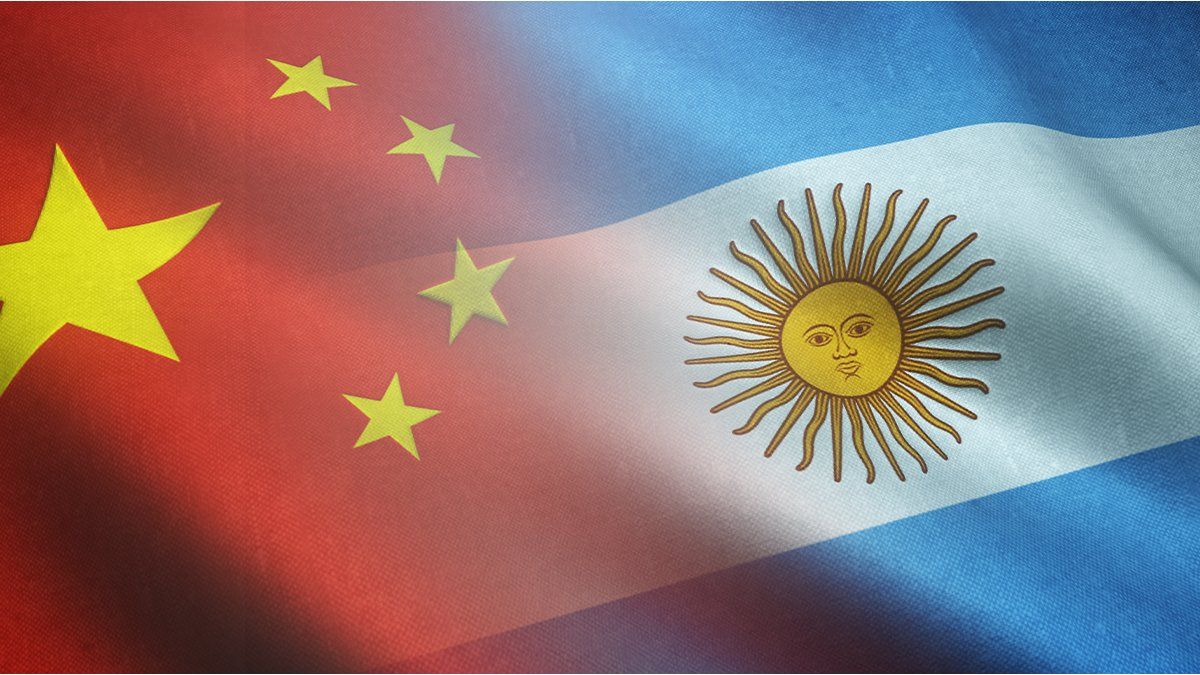Germany’s military cooperation with the Netherlands is already closer than with any other country. And it will continue to be pushed forward. A new chapter will open this week.
Germany and the Netherlands are continuing to interlock their armed forces. In a few days, a third brigade from the Netherlands is to be assigned to the German army, as was announced shortly before the German-Dutch government consultations in Rotterdam.
This step will “form another milestone in our cooperation,” the two governments said in a joint statement. Chancellor Olaf Scholz (SPD) said this integration of the two armed forces was “unique in Europe”.
Defense Minister Boris Pistorius (SPD) and his Dutch counterpart Kajsa Ollongren want to seal the new chapter of cooperation on Thursday in Veitshöchheim, Lower Franconia.
Integration produces common associations
The integration – from which both sides expect greater clout and synergy effects – is not a one-way street: Germany and the Netherlands agreed in 2016 to gradually integrate the naval battalion into the Royal Dutch Navy. The naval protection forces, mine divers and boarding soldiers are combined in the sea battalion. With complete integration, joint units with an established command structure are created, which can be used together in the event of an alliance. The technology should be standardized to a large extent.
“With the subordination of the Dutch 13th Light Brigade, all brigades of the Dutch field army will be subordinate to the divisions of the German army,” the Bundeswehr announced. Already in 2014, the Dutch 11. Luchtmobielen Brigade (11th Airmobile Brigade) was assigned to the German Rapid Forces Division (DSK). The Dutch 43rd Mechanized Brigade – around 3,000 Dutch soldiers – was assigned to the 1st Armored Division of the Bundeswehr.
According to the Bundeswehr, the Dutch 13th Light Brigade from Oirschot is one of three combat brigades in the Dutch armed forces. It includes the armored infantry battalions “Princess Irene Fusiliers” and “Limburger Jäger” as well as a tank engineer battalion. The brigade is equipped with Boxer-type wheeled armored vehicles and the Fennek reconnaissance vehicle, as used in the Bundeswehr. In the future, the 10th Panzer Division should form the focus of national and alliance defense in the German Army and be quickly deployable, operational and, above all, capable of cold starts.
Further topic: Sale of the Tennet power grid
Scholz traveled to the government consultations with six ministers immediately after the night session of the traffic light coalition committee – without having slept. The consultations also dealt with a major economic project that is important for the energy supply in Germany: the sale of the Dutch operator Tennet’s electricity network in Germany to the German state. At his press conference with Rutte, Scholz spoke of an “initial agreement”. However, Rutte was relatively distant and spoke of ongoing talks.
Rutte said it was still being investigated how an agreement could be reached. The synergy benefits must be preserved. It’s also about finding a price “in line with the market,” added the right-wing prime minister. The aim is to reach an agreement in the summer, as can be seen from the joint statement.
The Tennet parent company is owned by the Dutch state. The German subsidiary is one of four transmission system operators in Germany. Tennet would like to sell the German subsidiary because of the high equity required for the energy transition – Tennet recently spoke of 15 billion euros for the expansion of its German network.
Scholz said it was about preserving the good synergy effects between Germany and the Netherlands that exist through cooperation with the German Tennet subsidiary. In addition, the expansion of the power grid must be accelerated. The transmission grid capacities already planned would have to be completed faster than previously thought so that the Federal Republic could achieve its goal of covering at least 80 percent of gross electricity consumption from renewable energies by 2030.
Source: Stern
I have been working in the news industry for over 6 years, first as a reporter and now as an editor. I have covered politics extensively, and my work has appeared in major newspapers and online news outlets around the world. In addition to my writing, I also contribute regularly to 24 Hours World.




